Chinese influence is suddenly sharpening Australia’s focus on Pacific relations
THERE may have been just a touch of confusion in Jakarta this week. The new Australian Prime Minister sent the dumped prime minister to represent him in talks with the Indonesian President.
Opinion
Don't miss out on the headlines from Opinion. Followed categories will be added to My News.
THERE may have been just a touch of confusion in Jakarta this week. The new Australian Prime Minister sent the dumped prime minister to represent him in talks with the Indonesian President.
The dumped PM was sent (in part) to explain why the new PM was thinking about shifting the Australian embassy in Israel to Jerusalem, even though the dumped PM thinks it’s a dumb idea.
The new PM was then upset when the dumped PM held a press conference about it. The new PM said the dumped PM wasn’t supposed to raise this issue at all.
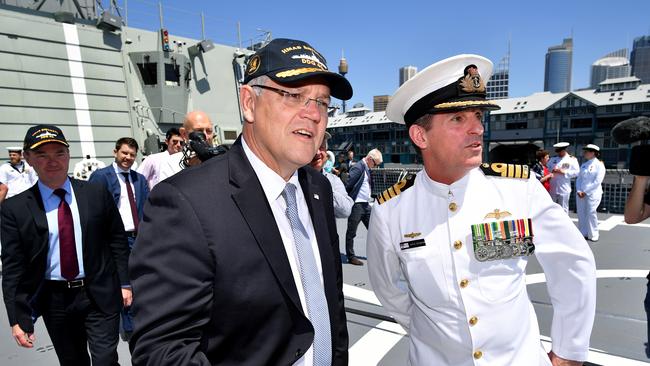
The dumped PM pointed out that’s exactly what he was asked to do before the new PM backtracked and conceded he had indeed asked the dumped PM to discuss this touchy subject with the President.
If you’re having trouble making sense of all that, pity the Indonesians.
In Beijing, there would have been no such confusion this week.
The new PM and the would-be PM gave major foreign policy speeches with a strikingly similar theme: Australia is about to engage more deeply in the Pacific.
Both Scott Morrison and Bill Shorten insist their relatively new-found love for building stuff in the Pacific is mainly about being a good regional neighbour to our smaller friends.
Morrison says Turnbull won’t be asked to represent Australia again
Sharri Markson: Malcolm Turnbull looking more like Tony Abbott
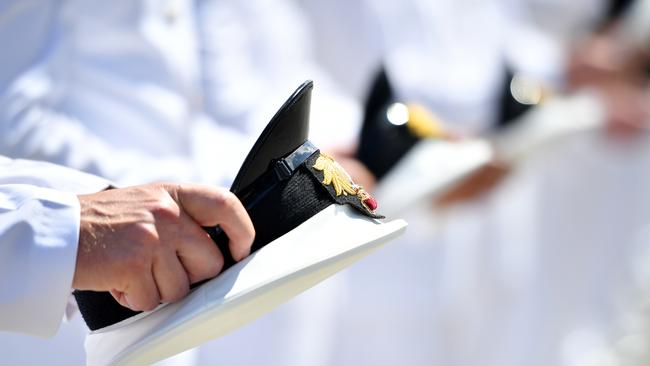
No one, however, is under any illusion what’s really driving this sudden bipartisan focus: stopping our backyard falling further under the influence of China.
The level of concern in Australia over China’s activities in the Pacific has been steadily building.
Beijing has financed all sorts of infrastructure projects from roads and wharves to industrial parks and even new Prime Ministerial residences. Some struggling states are now deeply indebted as a result.
Australia’s great fear (and that of the United States) is that China could one day build its own military base in the Pacific.
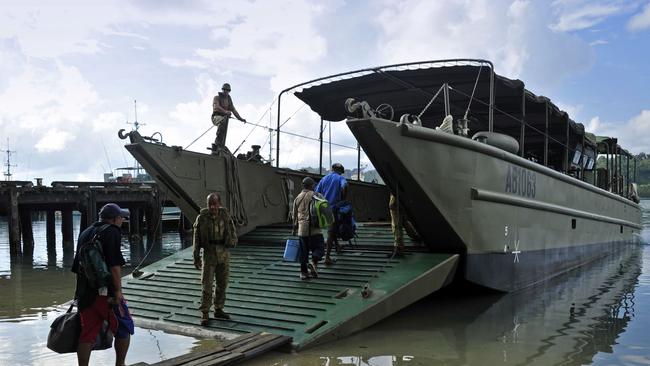
Whether this is a well-founded fear or far-fetched over-reaction, the result has been a flurry of Australian activity to catch up.
In June, the Turnbull government agreed to fund an undersea high-speed internet cable to the Solomon Islands to ensure the contract didn’t go to the Chinese company Huawei.
The cost has not been revealed, but is estimated to be around $100 million.
This week Scott Morrison committed Australia to building a new naval base on Papua New Guinea’s Manus Island, following reports earlier in the year that China may be keen on building a port there.
The price tag for this naval base is also unknown, which Australian warships will use, but the final cost is likely to go well beyond $100 million.
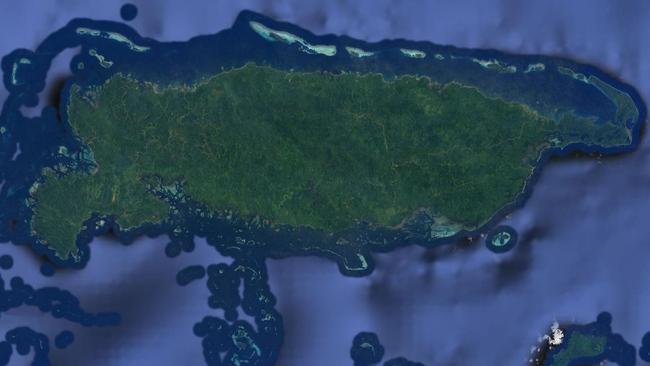
And that’s just the start of it. Morrison says the Pacific will be one of his “highest foreign policy priorities” and flagged “a new level of respect, partnership, familiarity and appreciation’’.
It seems he has quickly grasped the importance of the region after his decision to skip the Pacific Islands Forum soon after he became Prime Minister. He won’t be missing the APEC summit in PNG later this month.
Bill Shorten is also flagging new ways for Australia to help build hard infrastructure in the Pacific instead of simply funding health, education and climate programs.
He proposed a new approach: a Pacific infrastructure investment bank.
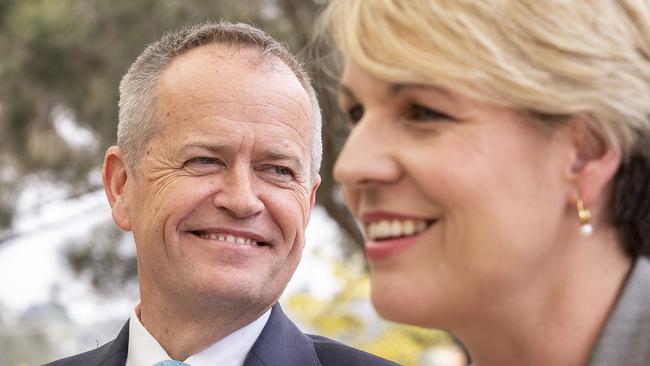
While still supporting direct bankrolling of projects by Australian taxpayers, Shorten also proposed a new idea: a Pacific infrastructure investment bank. Under Labor private investors could access cheap loans from Australia to build ports, roads, bridges and so on.
The idea is still lacking a lot of detail around who would choose that projects are financed, how to ensure they stack up as a worthwhile investment and whether this would be on top of existing aid funding, but it does represent a genuine attempt at some fresh thinking.
The World Bank and Asian Development Bank already do this stuff, but this would be an Australian-led initiative targeted specifically at the Pacific.
While no one in Labor will say it, this “Pacific Bank” would give Australia much greater flexibility to beat China to the punch on any infrastructure project in the region.
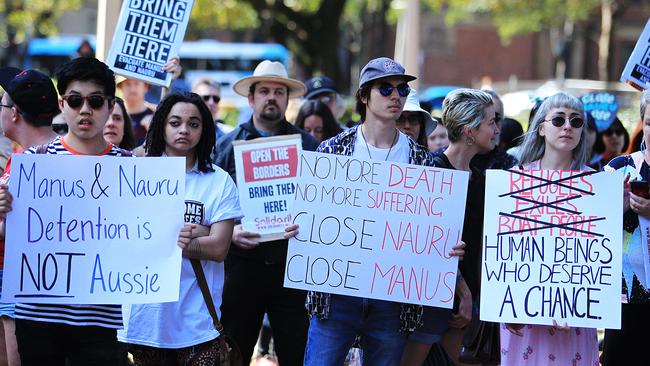
The two sides of politics differ on how they will roll out more infrastructure in the Pacific, but share the same intent.
They want to maintain Australia’s longstanding position as the dominant player in the South Pacific and the partner-of-choice for small nations in need of help.
Both Labor and Liberal also share the same goal of keeping China at bay in the Pacific, while not offending Beijing by openly admitting that’s what this is about.
Amid the ongoing brawling over refugees, religious freedoms, tax breaks and school funding, the largely bipartisan foreign policy priority being given to the Pacific this week was a refreshing change.
It won’t have been missed in Beijing.
David Speers is political editor of Sky News
